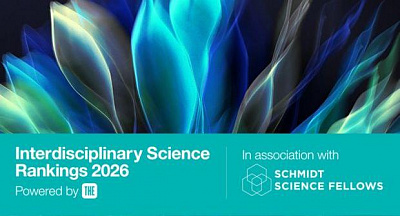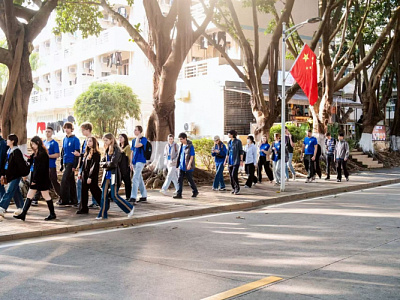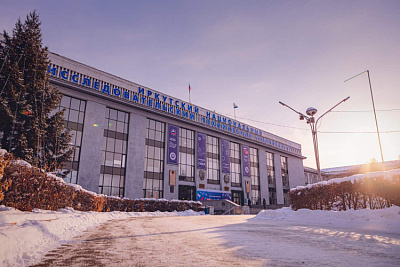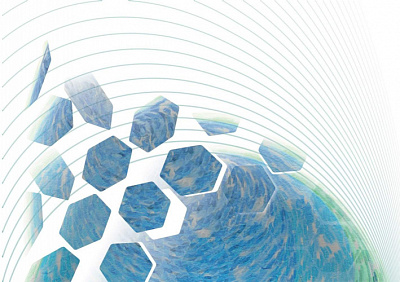INRTU Submits the Plastic-Free Baikal Project to the Contest by the Strong Ideas for the New Times Forum
INRTU sent the scientific volunteer project ‘Plastic-free Baikal’ to the contest of the Strong Ideas for New Times Forum. The idea is to encourage young people to determine the concentration of microplastics in the lake and monitor the ecological conditions in the Irkutsk Region.
The Federal Forum 'Strong Ideas for New Times' is supervised by the Agency for Strategic Initiatives and the Roscongress Foundation. The purpose of the event is to support and implement socially significant projects of citizens, to sel ect ideas that will form a strategy for the country's development. In January, the organizing committee received over 30,000 proposals in the areas of economy, education, technological development and digitalization.
The Top 1000 and Top 100 best initiatives will be selected for presentation at the face-to-face part of the Forum, to be held in Moscow at the end of February. The authors of the most promising ideas will receive co-financing, the opportunity to participate in accelerators, and support fr om major companies, including Gazprombank, Russian Railways, Rostec, and Rosatom.
INRTU applied in the Quality of Life nomination. The idea of the Plastic-free Baikal project belongs to the activists of the student scientific societies 'Carbon' and 'Technolog'. The developers' team is headed by Alexander Kononov, Vice Rector for Research.
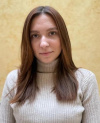
The initiative is coordinated by Alisa Soboleva, a master's student and analyst in the field of scientific and research activities. She explains that the project is aimed at solving a major environmental problem: the pollution of Lake Baikal with microplastics. This is the name given to synthetic waste that has disintegrated into particles up to 5 millimeters in size. Once in the environment, they acquire toxic properties. Microplastics can also accumulate in the tissues of living organisms.
Alice cited research data from Mikhail Kolobov, an employee at Moscow State University. The volume of microplastics in the surface waters of Lake Baikal has increased 1.5 times in the last five years. For example, the average value of plastic presence near the Maloye Sea strait was 42 thousand units per km².
INRTU members believe that an effective way to solve the problem is to involve schoolchildren and students in studying the concentration of microplastics in the lake. It is expected that young people will help scientists to collect microplastics and analyze the data. This will help to get an idea of the plastic's structure. The work will familiarize participants with key issues related to plastic consumption. The knowledge gained will provide problem-solving scenarios.
One of the directions of the project will be volunteers –oriented scientific tourism. Young volunteers will be offered to go to the research center and get an inventory for water sampling.
The realization of the conceived project will require investments, the amount of which is being determined. The authors will use the funds to purchase equipment for field and laboratory work, develop a website and map service. Funding is also needed to create informational and educational content and brandbook, as well as to conduct educational campaigns. A separate item of expenditure is the use of neural networks in monitoring and mathematical calculations.
It should be noted that Sber, En+, Sibur, and RT-NEO have already shown interest in the initiative. With the help of industrial partners, the project may have new vectors of development. First of all, it is the development of technologies for utilization (combustion) of micro-waste in order to obtain energy and produce new materials.
"We plan to include more than 10 thousand students and parents. The estimated timescale for achieving positive results is 2050," the authors note.
INRTU members presented the scientific volunteer project 'Plastic-Free Baikal' at the International Forum of Civic Participation #WYYWMESTE. The event took place within the RUSSIA exhibition in Moscow on December 4-7.
Photo - website whyy.org
